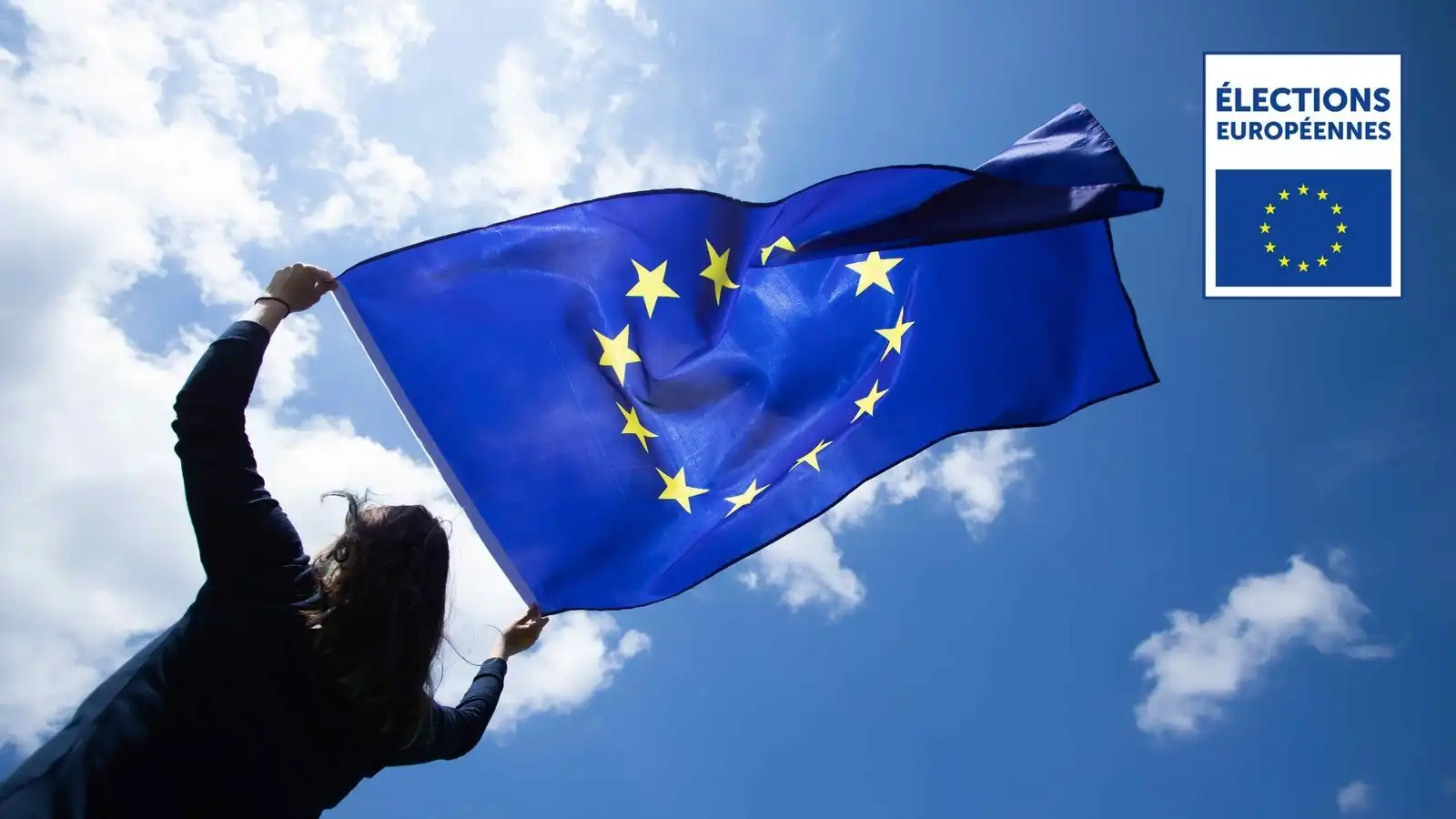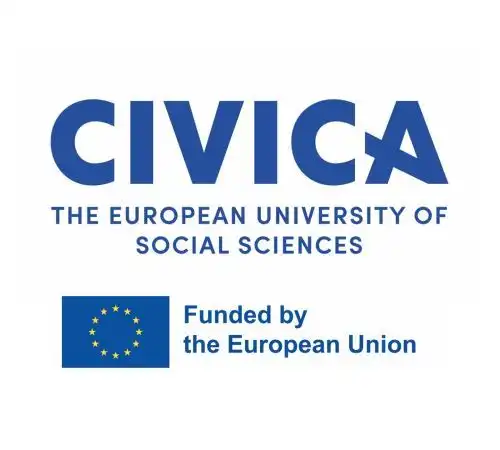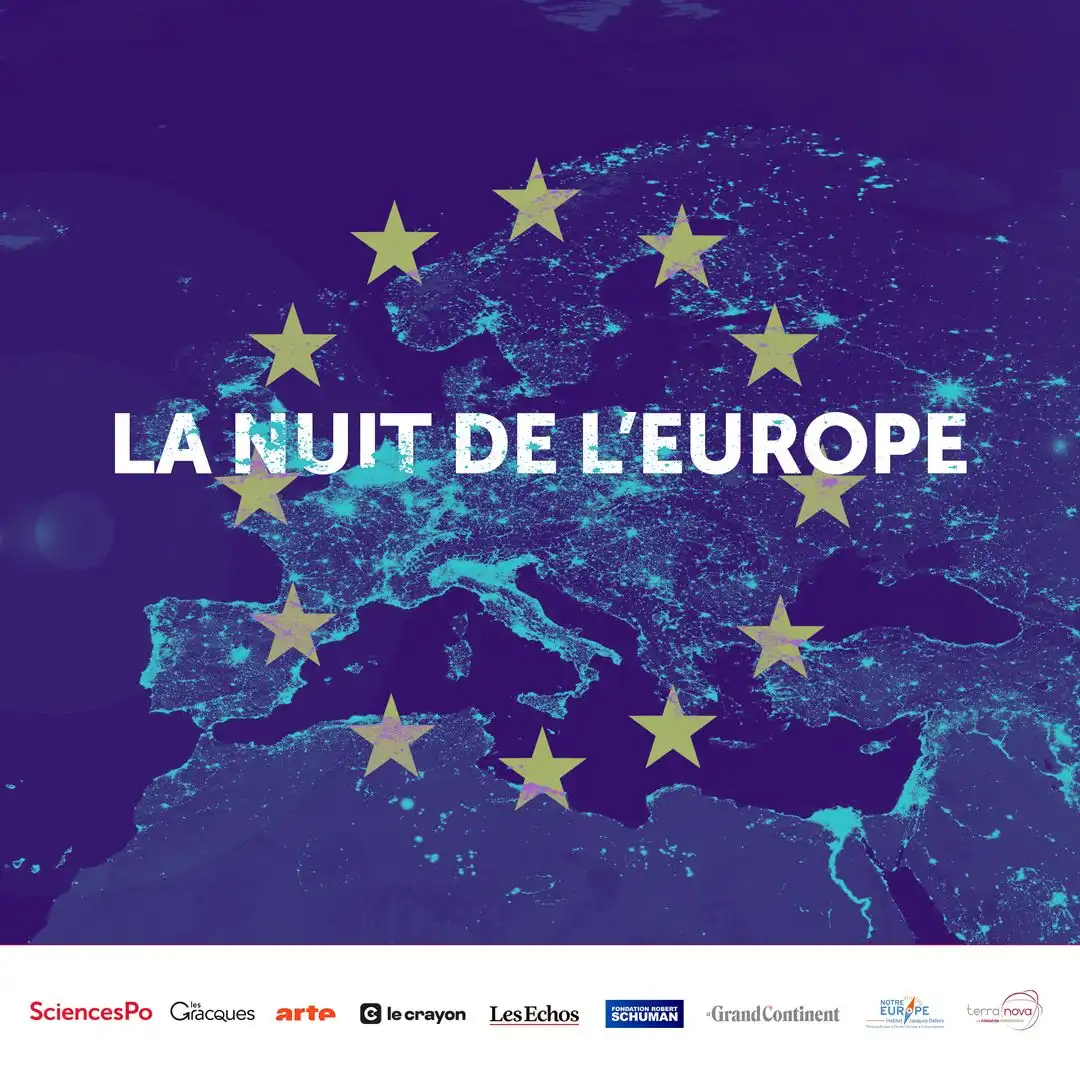Home>Understanding the EU Elections With Sciences Po
05.04.2024
Understanding the EU Elections With Sciences Po
Between 6 and 9 June 2024, Europeans will cast their vote to elect their representatives to the European Parliament. This is a key moment for setting the future orientation of the European Union, at a time when Europe is beset by multiple crises: the war in Ukraine, the backlash against democracy, a growing mistrust of institutions, the climate crisis, tensions surrounding migration, etc.
As a world-class research university in the humanities and social sciences, Sciences Po aims to be a forum for reflection on the future of Europe, in tune with its motto: Understand our times. Make a difference.
The institution has taken on the responsibility of helping citizens to understand the issues at stake in the European elections by providing analysis, conferences, debates, and meetings with the various French candidates.
Find out more about research resources at Sciences Po – in French or English – in the article “Élections européennes 2024 : tout un programme !” and through the events programme below. Our european alliance CIVICA has also set up a dedicated landing page on the EU elections where you can find the upcoming events, online articles, and even a quiz to test your knowledge.
Upcoming events
Election Night with the European Parliament
On 9 June, Sciences Po and the Jacques Delors Institute are partnering with the European Parliament French Office to analyse au Bureau du Parlement européen en France the early trends and election results throughout the evening. Register now.
A round table of the CEVIPOF Mondays series about the balance of power and the stakes in the European elections
Will the European elections on 9 June see a surge in voter turnout like the 2019 elections, or will the inevitable rise in abstentions that marked the previous European elections resume? In terms of the stakes, will nationalisation irresistibly win out over Europeanisation? What will be the scale of the electoral sanction against the forces of the presidential majority in a national consultation that will be the last before the presidential election of 2027? Let's discuss it on Monday 3 June in the presence of Jean-Louis Bourlanges, Chairman of the French National Assembly's Foreign Affairs Committee.
“European rendezvous” on the Dijon Campus
The events programme of the Dijon campus – European Union, Central and Eastern Europe Minor – is flying the European flag as well from February to May 2024, thanks to its "Rendez-vous de l'Europe", a series of conferences on the issues at stake in the 2024 European elections.
- 15 February: "Implementing the Green Pact: what's at stake for the 2024 European elections?" with Camille Defard, Head of the Energy Centre at the Jacques Delors Institute
- 28 March: "How can we ensure a prosperous future for Europe? The economic stakes of the European elections" with Andreas Eisl, Researcher at the Jacques Delors Institute
- 10 April: "Public opinion in Europe" with Bruno Cautrès, Researcher at Sciences Po's CEVIPOF
- May: "A review of the Von der Leyen Commission" with Sébastien Maillard, Special Adviser to the Jacques Delors Institute
Student debates with French candidates
Sciences Po students have invited all the French candidates in the European elections, without any selection based on their political orientation, so that they can debate, in French, with each of them and give free rein to their critical mind, as they did during the presidential elections in France. This series of debates is organised by the student associations: AEAP, les Jeunes Européens, le Parlement des Étudiants, and Sciences Po TV.
- Marie Toussaint (EELV) – 8 February
- Manon Aubry (LFI) – 27 February
- Léon Desfontaines (PC) – 6 March
- Raphaël Glucksmann (Parti socialiste - Place publique) – 15 April
Past events
European Union: have we finally overcome the “democratic deficit”?
On 5 June, as part of a series of seminars organised by Sciences Po and the Fondation Jean-Jaurès on the key issues and debates of the European elections, Pervenche Berès, Sylvain Kahn and Anja Thomas questioned whether the European Union has finally overcome its “democratic deficit” (in French).
The State of the Union 2024 at the European University Institute – a CIVICA partner
Sciences Po being a founding member of CIVICA, the European University of Social Sciences, our communities have access online to the 14the edition of the State of the Union, an event that took place at the European University Institute in Florence (Italy) from 23 to 25 May.
Global leaders and experts from across sectors, students (including two Sciences Po students), policymakers and journalists gathered at EUI to reflect on the most pressing issues on the European agenda. The event was built around two conference days and one additional day celebrating European art and culture in the framework of the upcoming EU elections. The conference days were livestreamed on the SOU website and broadcasted widely.
The SPNU Student Association at the Impact'24 International Forum in Poland
On 14 and 15 May, thanks to our European alliance CIVICA, 5 students from the SPNU (Association Sciences Po pour les Nations Unies) attended the two-day Impact'24 Forum in Poznań (Poland). They debated with fellow Polish students from the SGH Warsaw School of Economics on the topic of “The Future of the EU : Divided by Age or by Geography?”.
A conference “EU Enlargements 20 years on: Lessons and Prospects”
On 13 May, the CERI will host an event in partnership with the Jacques Delors Institute/Centre Grande Europe.
A roundtable “European Elections: the rise of the far right and the economic, migration and security crisis”
On 2 May, the CEE and the GEG (Groupes d'études politiques) hosted a roundtable to examine current trends at both national and European levels, analyse changes in the strategies of far-right parties, explore their drivers, and consider the implications of their gains for the next political cycle.
An event “The European Elections: French and German Perspectives”
On 30 April, the Paris School of International Affairs hosted an event with Dr. Franziska Brantner, Member of the German Parliament, and Mr. Clément Beaune, Member of the French Parliament. They exchanged views on key issues at stake in the European Parliament elections, from the economy to climate change and the role of the EU in international affairs.
European Security and Defence in the 21st Century
On 25 April, Sciences Po's Law School organised an event about the European security and defence landscape, a topic both captivating and complex, offering a rich web of legally unexplored dimensions. The event brought together scholars specialising in international and European law with a view to engaging in a comprehensive and critical discussion on European security and defence in the 21st century. Two thematic panels dealt with general legal issues as well as specific cases and contexts, such as the war in Ukraine.
A conference on “The European Green Deal”
On 24 April, the European Chair for Sustainable Development and Climate Transition, the CEE, and IDDRI organised an event in two parts about the European Green Deal with guest speakers Maroš Šefčovič, European Commission Executive VP for the European Green Deal, Barbara Pompili, Former Minister of Ecological Transition of France, and Marcin Korolec, Former Minister of Environment of Poland.
A round table on "The State of the European Union, internal balance and long-term challenges"
On 15 April, the CEVIPOF organised an event, in French, with Bernard Cazeneuve, former Prime Minister, Alexandre Escudier, researcher at the CEVIPOF and David Revault d'Allonnes, editor-in-chief of the media l'Hémicycle. This first round table was part of the European cycle of the “CEVIPOF Mondays” and looked at the current state of the European Union, its internal balance and the long-term challenges it is trying to prepare for.
European Week on the Nancy campus
The Nancy campus – European Union minor, Franco-German partnership Minor – organised its own special week from 8 to 14 April: a series of lectures and European simulations.
- A simulation of the European Parliament elections from 8 to 12 April
- The Eurocosmos simulation of the European institutions from 13 to 14 April
La Nuit de l'Europe
On 4 April, two months before crucial elections for the future of Europe, Sciences Po turned into the capital of the European Union for a whole evening. Students, think tanks and personalities from the worlds of business, politics and culture, from all over the continent, came together for an inspiring, positive and festive event, conveying a desire for Europe.
This event, in both French and English, was organised in partnership with Les Gracques, Arte, Les Echos, Le Crayon, Grand Continent, Terra Nova, the Jacques Delors Institute, the Robert Schuman Foundation and the Jean Jaurès Foundation.
The Conference “European Elections: The New Ecological Divide”
On 4 April, Sciences Po's Centre for European Studies and Comparative Politics (CEE) organised a round table with the Groupe d'études géopolitiques (GEG) entitled "European Elections: The New Ecological Divide". The event addressed the future of the Green Deal, which aims to make the EU climate-neutral by 2050, and which could be jeopardised by a shift to the right in the European Parliament following the June elections. The speakers were Pierre Charbonnier and Claire Lejeune from the CEE, Matteo Mandelli from LIEPP and Céline Spector from the University of Paris-Sorbonne and the Institut Universitaire de France.
The conference "European elections in 2024: what are the stakes of democratic renewal?"
On Monday 25 March, the Jacques Delors Institute, the Paris City Council, the Lithuanian Embassy in France and Sciences Po organised a conference, in French, entitled “Élections européennes en 2024 : Quels enjeux pour un renouveau démocratique ?” to address the many issues – environmental, security, social and economic – that will weight on the electoral campaign.
A conference on "What is happening to political parties in Europe?
On 20 March, the conference “Que deviennent les partis politiques en Europe ?” organised, in French, by the Centre for European Studies and Comparative Politics (CEE) and the School of Public Affairs to launch the book Partis politiques, looked at the future of political parties both in Europe and in the European Union. How are their organisations changing? What role do they play in the institutions, particularly at the European level? How is party competition being reconfigured?
The closing of the European migration project “Bridges”
On 7 February, the final meeting of the “Bridges” European project took place. The project aimed to analyse the causes and effects of media and political accounts of migration on public debate and political decision-making.


